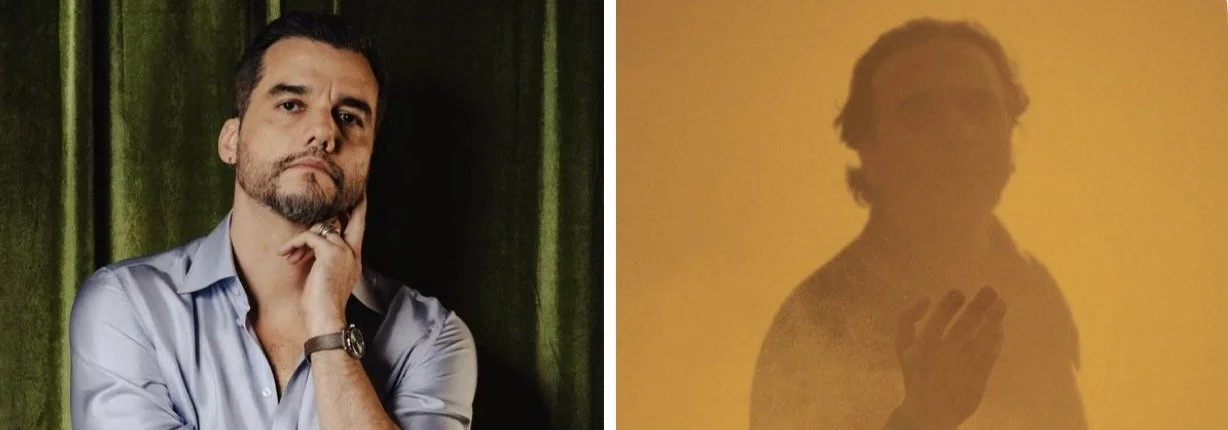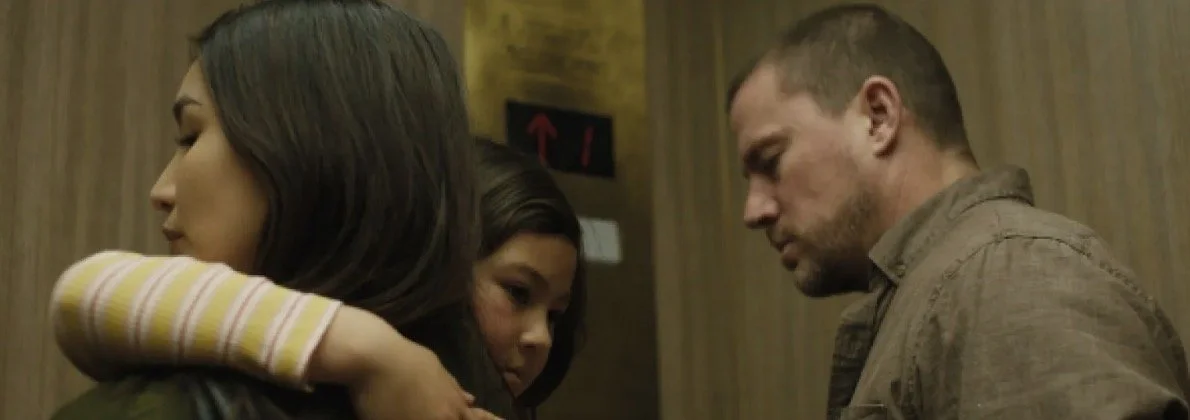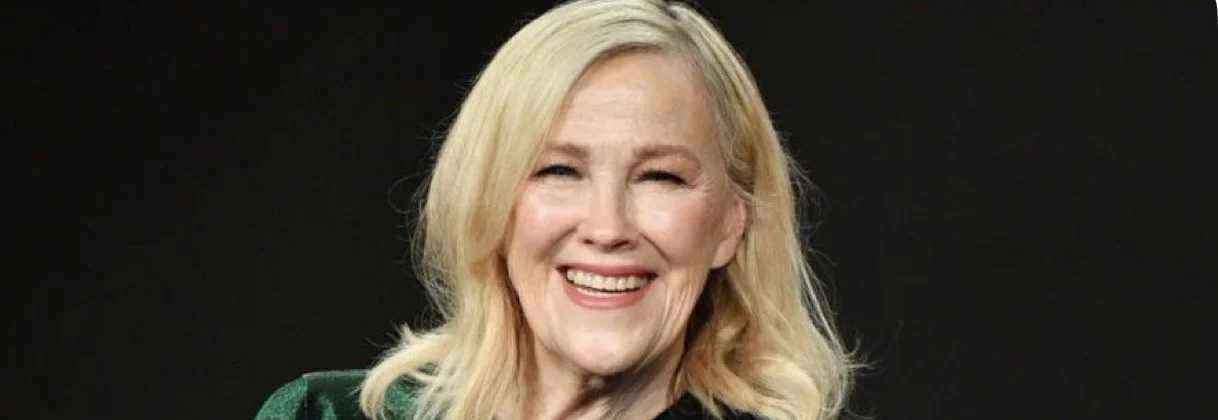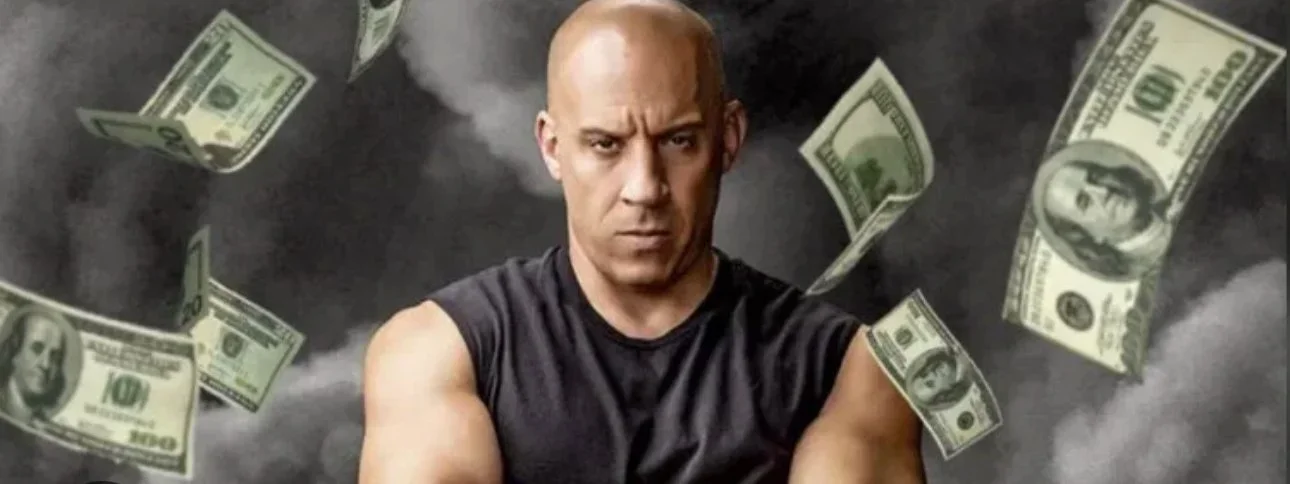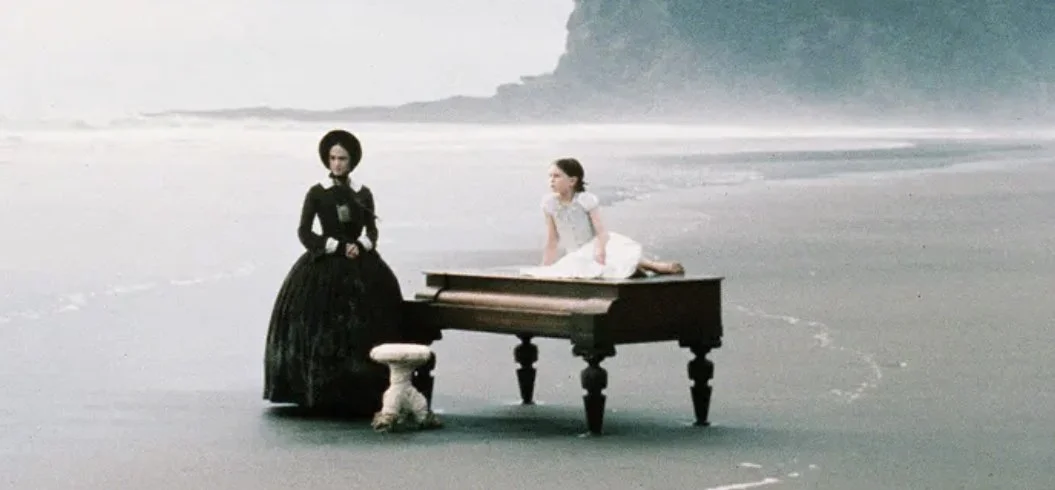I’ve decided to expand and re-edit the original list I had published around five years ago.
While researching this project, the original draft was more than 100 titles; narrowing it down to 10 (plus 30 runner-up) was not easy, which is why I encourage you to chime in with your own choices in the comments section.
Of course, these types of lists are all relative. Many will wonder why Claire Denis’ “Beau Travail” and Greta Gerwig’s “Lady Bird” aren’t on here, they’d probably be, respectively, #11 and #12.
These are the 10 films I consider to be the most influential and important ones directed by women in the 20th and 21st century.
THE PIANO (Jane Campion)
Jane Campion’s “The Piano” is the most personal movie of her astonishing filmography. This almost plotless story about a group of people who aren’t, on the whole, particularly easy to sympathize with, is a stunning mood piece and a haunting adult fairy tale about a woman’s quest to control her identity and destiny. A practically silent Holly Hunter gives an Oscar Winning performance that is as mesmerizing as it is haunting, and Anna Paquin, then 11 years old, won an Oscar playing Hunter’s smart and witty young daughter. Campion, never one to shy away from gender politics, gave us a portrait of love, fear and passion amidst a world where a woman was not supposed to have the necessary freedom to fulfill her every desires. Rarely do we witness beauty as real as what is captured in this film. Campion’s cinematic landmark is such a visually stunning film, it’s almost intoxicating how its atmosphere sweeps across the screen and ravishes the eyes.
TRIUMPH OF THE WILL (Leni Riefenstahl)
Was there ever any doubt that this – quite possibly the most influential film of all time – would not make the list? “Triumph of the Will” is a Nazi propaganda film that, despite its disturbing subject matter, revolutionized the way movies were made. Filmmaker Leni Riefenstahl singlehandedly rewrote the language of cinema with her use of cinematography and music. This is a work of staggering brilliance with shots that are still hard to achieve to this very day. No surprise then that filmmakers such as Peter Jackson, George Lucas and Ridley Scott all admitted to having studied and copied Rifenstahl’s masterpiece. Watching the film with attention to all the details on screen is an incredible experience; add in the fact that this was meant as a propaganda tool by the Nazis and you have one of the most harrowing movie experiences imaginable.
SEVEN BEAUTIES (Lina Wermuller)
Lina Wertmuller’s "Seven Beauties" is an ugly movie. Wertmuller is a female Italian director whose films weren’t supposed to be nice to look at. She consistently tried to break societal taboos over her long illustrious career. “Seven Beauties” was the best film of her career and justifiably made her become the first female director to ever get nominated for Best Director. Tackling the holocaust, WW2 and Italy’s ugly role in the war was a risk. The taboos tackled by Wertmuller were indelibly cringed in an air of shame in her native country. She wanted to push buttons with her film and make the audience as uncomfortable as possible. Wertmuller shot her scenes with no restraint, purposely going over the top with original characters that stay etched in your memory for a good, long time. “Seven Beauties” is a landmark of cinema and clearly inspired Tarantino to re-write WW2 history himself 34 years later with “Inglourious Basterds”.
CLEO 5 A 7 (Agnes Varda)
The French New Wave was a boys club – that is until a young Agnes Varda showed up to shake the party up. We all know “Breathless”, “The 400 Blows”, “Contempt” and “Hiroshima Mon Amour”, but no French New Wave top five could be complete without “Cléo de 5 à 7″ a rich absorbing look at a woman embracing death and delving into the unknown. The film is a staple of feminist filmmaking and introduced to us a character that we could eerily relate to. Awaiting the results of a medical exam that could potentially lead to a stomach cancer diagnosis, Cleo wanders around the streets of Paris as themes of existentialism and mortality get played out. It’s a groundbreaking movie that gave way to one of the most iconic and important female voices in cinematic history. The boys club was forever shaken.
LOST IN TRANSLATION (Sofia Coppola)
Sofia Coppola’s best movie as a director was such sensitive, delicate stuff – and I do mean that as a compliment. Every frame is beautifully photographed by Lance Acord; the film is a portal to a brightly colored, anything-can-happen Japan. And the performances by the two leads – Bill Murray and Scarlett Johanssen – just sublime. In showing unrequited, unforgivable, love between these two strangers lost in a place far away, Coppola infuses every frame of her magically romantic film with a sense of purpose and free will. It’s as if every convention known to Hollywood is thrown out the window and replaced by a freshness you usually see in Japanese films made by Wong Kar Wai or Ozu. Most surprising of all, it’s American and as purely poetic as any movie can be.
JEANNE DIELMAN (Chantal Ackerman)
You are 24 years old, a European female director and about to release a film in 1975. Good luck. Chantal Ackerman beat all the odds and made one of the defining feminist films of the last 100 years. The film is an absolutely surreal (and real) depiction of a middle-aged widow doing everyday chores, all in the while prostituting herself in a middle class Brussels neighborhood. Unexpectedly, Jeanne has an orgasm with one of her clients, which sets off an unpredictable set of events. The film was not released in the United States until 1983, but the impact was already felt in the rest of the world, where Ackerman’s legendary feminist movie already took shape as an incendiary classic. It is now considered not just an important cinematic event, but an important cultural event as well, paving the way for the manner in which female filmmakers can express themselves in their art.
FISH TANK (Andrea Arnold)
Adolescence is at the heart of Andrea Arnold's Mesmerizing “Fish Tank” — a British film that justly won the Jury Prize at Cannes in 2009. At the heart of the movie is a central performance of incredible magnitude, Katie Jarvis plays Mia, a troubled and isolated teen living within the slums of British poverty. Everything this girl touches turns into trouble. Mia lives with her vulgar little sister and promiscuous mother. Their relationship is sparse and troubled, but when mom brings a new guy at home (Michael Fassbender), Mia ends up having the hots for him. Arnold springs surprises that keep you invested. I was reminded of early Truffault with Antoine Doinel. This is an original work, simple yet very refreshing in its frank authenticity.
TONI ERDMANN (Maren Ade)
The Cannes sensation that let the world to discover German director Maren Ade’s absurdist comedic realism. “Toni Erdmann” is not just laugh-out-loud funny, but surprisingly touching. Painting a portrait of 21st century Europe via the lens of an isolated and hard-working woman, Ade tackled numerous socio-political themes including that of work, family and globalism. Her main character reluctantly agrees to spend time with her estranged father when he unexpectedly arrives. He’s a practical joker who does his best to reconnect by pretending to be her life coach. Ade’s film is a masterful mix of tonal comedy and drama. Clocking at 160 minutes, it takes its time to fully, but inevitably, hit you where it hurts.
A NEW LEAF (Elaine May)
Way ahead of its time, this pitch black comedy from the unfairly underrated Elaine May is a gem of 1970s American moviemaking. A spoiled and self-absorbed man (Walter Matthau), broke from a squandered inheritance, desperately wants to keep living his lavish lifestyle. An opportunity arises when he meets Henrietta Lowell (Elaine May), a socially awkward heiress. Though Henry courts Henrietta, he has no intention of remaining with her, and he develops a surprisingly sinister scheme. May, both behind and in front of the camera, delivered a viciously funny screwball ”comedy”, and this ranks among Walter Matthau’s greatest performances.
THE HURT LOCKER (Kathryn Bigelow)
Here is Kathryn Bigelow’s taut, tense and incredibly terrific movie that won the Oscar for Best Picture. I could have chosen other Bigelow highlights like “Point Break”, “Strange Days” “Zero Dark Thirty,” or “Near Dark”, but this was the most important achievement of her career. An episodic film that dealt with male testosterone and adrenaline via the study of a man who thrived on it, and kept putting himself in the most dangerous situations imaginable. The attention to detail is staggering. “War is a Drug” the title card reads at the beginning of Bigelow’s film. This movie is a drug. Jeremy Renner’s incredible performance and Bigelow’s incredibly controlled direction changed the way we saw action films and reinvented possibilities for the 21st century. Not surprising that Bigelow was the first ever woman awarded the Best Director Oscar, and this quickly became a landmark in 21st century action. It’s been copied to death.
THIRTY MORE: Lady Bird, Beau Travail, Wendy and Lucy, We Need to Talk About Kevin, Boys Don’t Cry, Pariah, Portrait of A Lady on Fire, Cameraperson, Big, Leave No Trace, Winter’s Bone, Fat Girl, Europa Europa, The Headless Woman, You Were Never Really Here, Persepolis, Never Rarely Sometimes Always, First Cow, Meek’s Cutoff, The Rider, A League of Their Own, The Kids Are All Right, The Souvenir Part II, Faces/Places, Big, Strange Days, Happy as Lazzaro, Zama, Lady Bird, Vagabond, Point Break, Wanda, Near Dark

